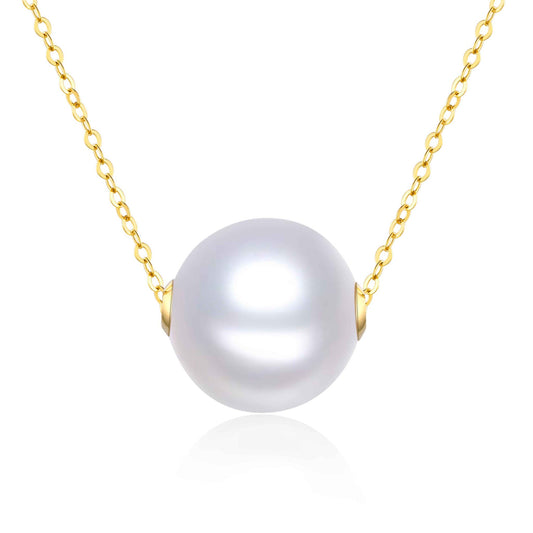
Romy Schneider: The Pearl of European Film
Share
She Lived the Role She Was Born For
With more than 60 roles to her name, a German-French actress rose to stardom during the era of Home-land films. Her life was cut short, but she left an enduring pearlescent legacy from stepping into her destiny and living her dream. This is another installment of the Living like a Pearl series. Find the other stories here.
________
Born into a theatrical family on September 23, 1938 in Vienna Austria, Rosemarie Magdalena Albach was destined to be an actress. She would later adopt ‘Romy’ over Rosemarie, and take her mother’s name ‘Schneider’ throughout her life.
Her mother, Magda Schneider was a renowned German actress and singer. Her father, the famous Austrian actor Wolf Albach-Retty, and her grandmother was a movie and stage actress. Growing up in Bavaria, Germany with her younger brother and grandparents, performing was in Romy’s blood, and her parents were kept busy with acting engagements in her early childhood. But after their divorce in 1945, her mother became involved with guiding Romy to follow in her footsteps.
Romy’s passion for the stage blossomed during her school years in theatrical performances from 1944 to 1953. At 14, her diary captured her enthusiasm when she wrote, "If it were up to me, I would immediately become an actress. ... Every time I see a nice movie, my first thoughts are about the idea: I definitely have to become an actress. Yes! I have to!"
She would realize her dream not long after.
Romy’s first film role came just one year later at 15 in a West German drama, ‘When the White Lilacs Bloom Again’. The next year in 1954, she played a young Queen Victoria in the Austrian film, ‘Mädchenjahre einer Königin’ with the U.S. title ‘The Story of Vickie’ and in Britain, entitled ‘Victoria in Dover’.
It was her breakthrough role in 1955 of portraying the Empress Elisabeth of Austria (nick-named ‘Sissi’) that captured the hearts of audiences in the three-part romantic biopic. She would portray a more mature Elisabeth of Austria once again in the 1973 biographical film ‘Ludwig’.
The era of the ‘German Heimatfilm’ was in full stride. German for ‘home-land films’, the Heimatfilm genre arose after World War II, and flourished from the late 40s to the early 60s. It was the perfect time for rising actors, and would bring a steady flow of film roles to launch her career.
Romy had the starring role in the remake of ‘Christine’ in which her mother had played the same role in 1933. Falling in love with her co-star, French actor Alain Delon, she left Germany in 1959 and joined him in Paris, where her career continued to thrive.
Her film roles in France in the early 1960s were grittier as she matured, and Romy was cast by esteemed directors of the time, such as Orson Welles in the 1962 critically acclaimed film ‘The Trial’.
She co-starred with Alain in the controversial Theatre production ‘Tis Pity She’s a Whore’, and in the 1962 film ‘Boccaccio '70’ which explored different aspects of morality and love in modern times. She caught the eye of Hollywood and had the starring role in the 1964 comedy film ‘Good Neighbor Sam’ with co-star Jack Lemmon, and in Woody Allen’s first produced screenplay ‘What's New Pussycat?’ in 1965 alongside Peter O'Toole and Peter Sellers.
With her relationship with Alain Delon over, she married German director and actor Harry Meyen in 1966, and together they had a son, David. Her second marriage in 1975 to her private secretary, Daniel Biasini gave her a daughter, Sarah Magdalena, now a French actress carrying on the family lineage of talented performers.
Throughout the 1970s, she was celebrated by the media, who compared her to legends such as Greta Garbo, Marlene Dietrich and Marilyn Munroe. Romy’s career spanned nearly 30 years and brought critical acclaim, multiple awards and a growing legacy of wide-ranging talent.
Tragedy struck in July 1981 when her son David died at age 14, devastating Romy for what would ultimately be the final year of her own life. She died May 29, 1982 reportedly from heart failure at 43 years old.
Although her life was cut too short, her popularity in the film industry endures. In 1984 the prize ‘Prix Romy Schneider’ was created in her honor, as a prestigious annual award for upcoming actresses in French film, to pass along the essence of Romy’s pearl.



